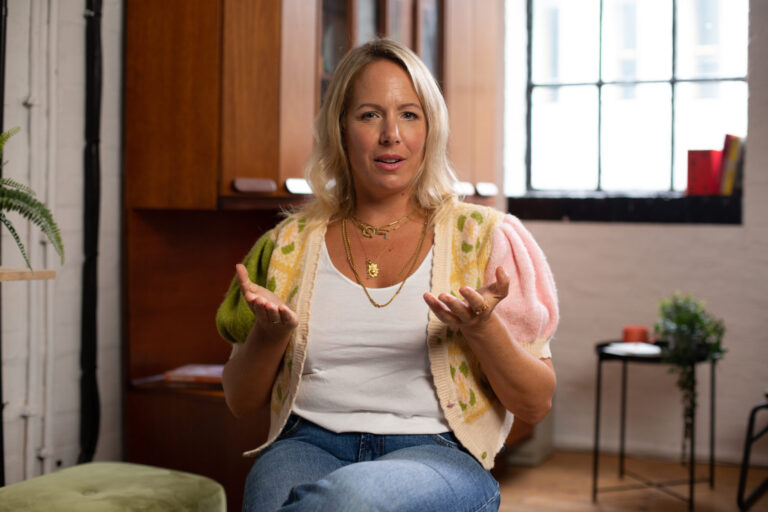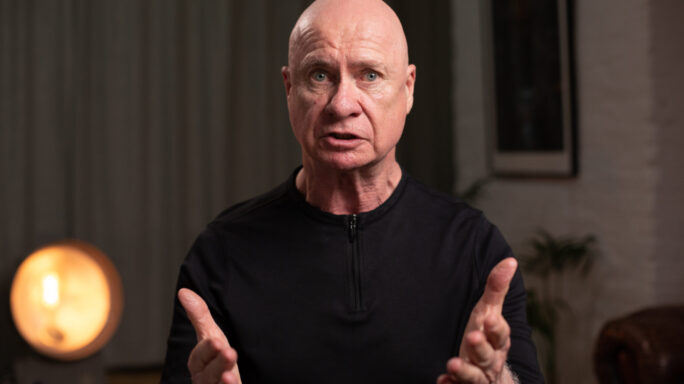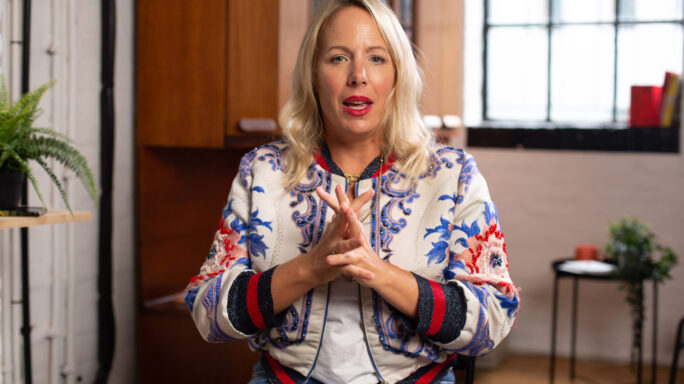Season 4: Thriving in a changing world
5 principles to succeed through change

The most valuable lesson I learned as a former professional rugby player and entrepreneur is that change is inevitable—from navigating personal loss to making snap decisions on the pitch and adjusting to shifting business landscapes.
I’ve experienced change in all aspects of my life
My father passed away when I was five years old. So rugby became a huge escape and platform for me to build confidence, find structure and improve my wellbeing.
After playing club rugby, I joined the Harlequins rugby team at 17 years old and became captain at 23. I captained the England rugby team at 25 and returned to Harlequins in my thirties before moving countries to play for San Diego.
Alongside my rugby career, I’ve invested in various business ventures, including events, coffee shops, breweries, and a suit company—some were more successful than others. Now retired from professional rugby, I’ve transitioned into the “real world” and can devote more time to these businesses along with other opportunities.
I wouldn’t have been able to navigate these changes without the following five principles—and I believe you can benefit from them too.
1. Establish a daily routine
One of the biggest career changes I experienced was transitioning to a daily routine. As a professional athlete, I received a detailed six-week plan, broken down hour by hour. When the six weeks were up, we’d be given another plan.
Now I’m self-employed, I approach my routine with the same athlete mentality. I write down all of my commitments, both on a paper calendar and a Google Calendar on my phone so I can update it easily on the move. As a former captain, I like to have some level of control over my schedule.
Remember: When you focus on what you can control, you can free yourself from unnecessary worry about the things you can’t.
2. Make exercise a part of your routine
Exercise not only supports my mental and physical wellbeing, but it also sets me up with the right frame of mind for the day ahead. When the day is done, it helps to have an escape from the pressures of life. My escape is leaving my phone at home and taking my dog for a walk in the park.
Remember: When change happens, there is always something you can do to get back on your feet. Prioritise exercise, allow yourself a break, and take time to escape so you can return the next day ready to dive back into the action.
3. Embrace change to become a better leader
When I was captain of Harlequins at 23, I was very diligent and thought any punishment had to be fitness orientated. Looking back, I realise I didn’t consider individual personalities enough—but it was the only approach I knew. I was young, lacking in confidence and a little bit insecure.
When I became captain of Harlequins again in my thirties, I had invested considerable time in listening and learning from others, gaining confidence in myself and being more secure in my personality. If someone came up with a better idea that benefited the team and environment, I embraced it.
Remember: Change is good for leadership. The more you learn and evolve, the better leader you will become.
4. Foster buy-in from your team by establishing a clear mission
The most important thing in any professional team is ensuring everyone is aligned and working together. Establish a clear mission statement, team values and shared objectives. This collective buy-in will steer the team in the right direction and foster resilience in the face of change.
Remember: Buy-in builds resilience to change and paves the way for optimal results.
5. Understand what helps you perform at your best
As a player and a captain, I always encouraged everyone on the team (including myself) to understand what helps them to perform.
In your own workplace, you can create a culture of curiosity and dedication to performance by being open to and sharing ideas from your team. Often the small things can make the biggest difference—for some, optimal performance can be as simple as holding a pen during presentations.
Remember: Knowing what will help you perform at your best can support growth and help you think on your feet when under pressure.
These five principles have been instrumental in my success through inevitable changes in work and life. I’ve discovered that change is not an obstacle to overcome but an opportunity to learn, grow and succeed. I encourage you to use them as inspiration to create your own principles so you can thrive too.





Leave a comment